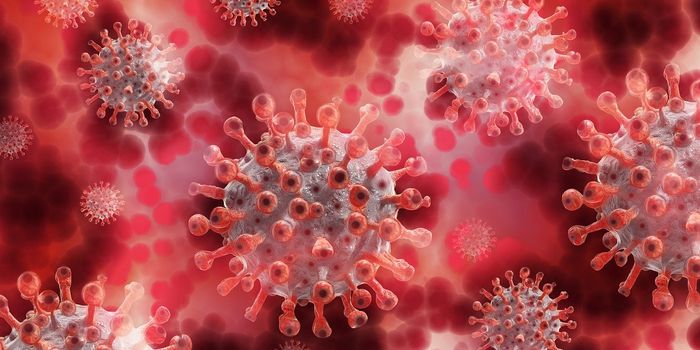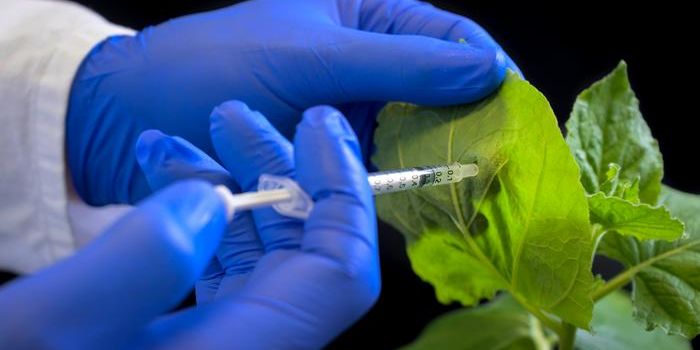Energy Demand Creates Distinct Mitochondria
Mitochondria are ancient organelles within mammalian cells that are believed to have derived from free-floating bacteria. Scientists speculate that our primitive mammalian cells engulfed this organelle to better function and survive. As time went on, this organelle became necessary for the mammalian cell’s energy production.
The mitochondria are cellular organelles known as the ‘powerhouses’ of the cell due to their function to generate energy in the form of adenosine triphosphate (ATP). However, the mitochondria have various responsibilities that help cells maintain daily function. Some of these responsibilities include calcium signaling to help cells communicate, the process of cell differentiation and death, gene expression, and metabolic regulation. Dysregulation of any of these processes can alter a cell’s function and ability to generate necessary energy. Metabolism is the process by which cells create energy from food consumed. Energy availability is critical to sustain life, which is why each cell has thousands of mitochondria.
There are multiple publications available about the mitochondria and the functions they perform. The mitochondrial process of metabolism has recently captivated researchers due to its involvement in many different pathologies, including cancer. Previous work has demonstrated that metabolic dysregulation leads to immune suppression and tumor progression. More specifically, tumor cells alter their metabolic function to rapidly proliferate and secrete various proteins to avoid immune cell detection. As a result, the mitochondria have resurfaced much interest as the organelle in which many metabolic processes take place. Scientists are currently investigating new ways to understand and harness different mitochondrial mechanisms as targets for cancer immunotherapy.
A recent publication in Nature, by Dr. Craig Thompson and others, demonstrate that ATP demand creates distinct subpopulations of mitochondria based on their metabolic signature. Thompson is a physician-scientist and professor in the Cancer Biology and Genetics Program in the Sloan Kettering Institute at Memorial Sloan Kettering (MSK). He is a celebrated scientist who was one of the first to describe stimulatory markers on immune cells and has defined gene processes involved in cell death. Thompson’s recent work focuses on cell metabolism in the context of cancer and how nutrient uptake is regulated.
Thompson and others used various laboratory techniques to identify the metabolic regulation within cells. The team found that when mitochondria have limited resources to generate ATP, a separate population of mitochondria are generated to switch the cell’s focus from making ATP to helping the cell build and maintain daily functions. This mechanism is characterized by the expression of an enzyme known as pyrroline-5-carboxylate synthase (P5CS). Unfortunately, the specific role of this enzyme is still unknown, but the team found that this subpopulation of mitochondria has high expression levels of P5CS. The shape of the organelle is also different, and has protein filaments in the middle, in which P5CS was expressed.
The team further investigated this mechanism in highly aggressive cancer cells and found that cancer cells have increase mitochondria with P5CS. This explains how tumors continue to grow with limited nutrients to make ATP. Additionally, the cancer cell’s improved ability to generate these P5CS-positive mitochondria may also explain how tumors can survive compared to healthy immune cells.
Thompson and his team are the first to describe this separate mitochondrial subpopulation. This fundamental discovery is paradigm-shifting and informs scientists of the metabolic mechanisms occurring in tumors. Further investigation of this process will help develop robust cancer therapies and improve patient survival.
Publication, Nature, Craig Thompson, Cancer Biology and Genetics Program, Sloan Kettering Institute, MSK








